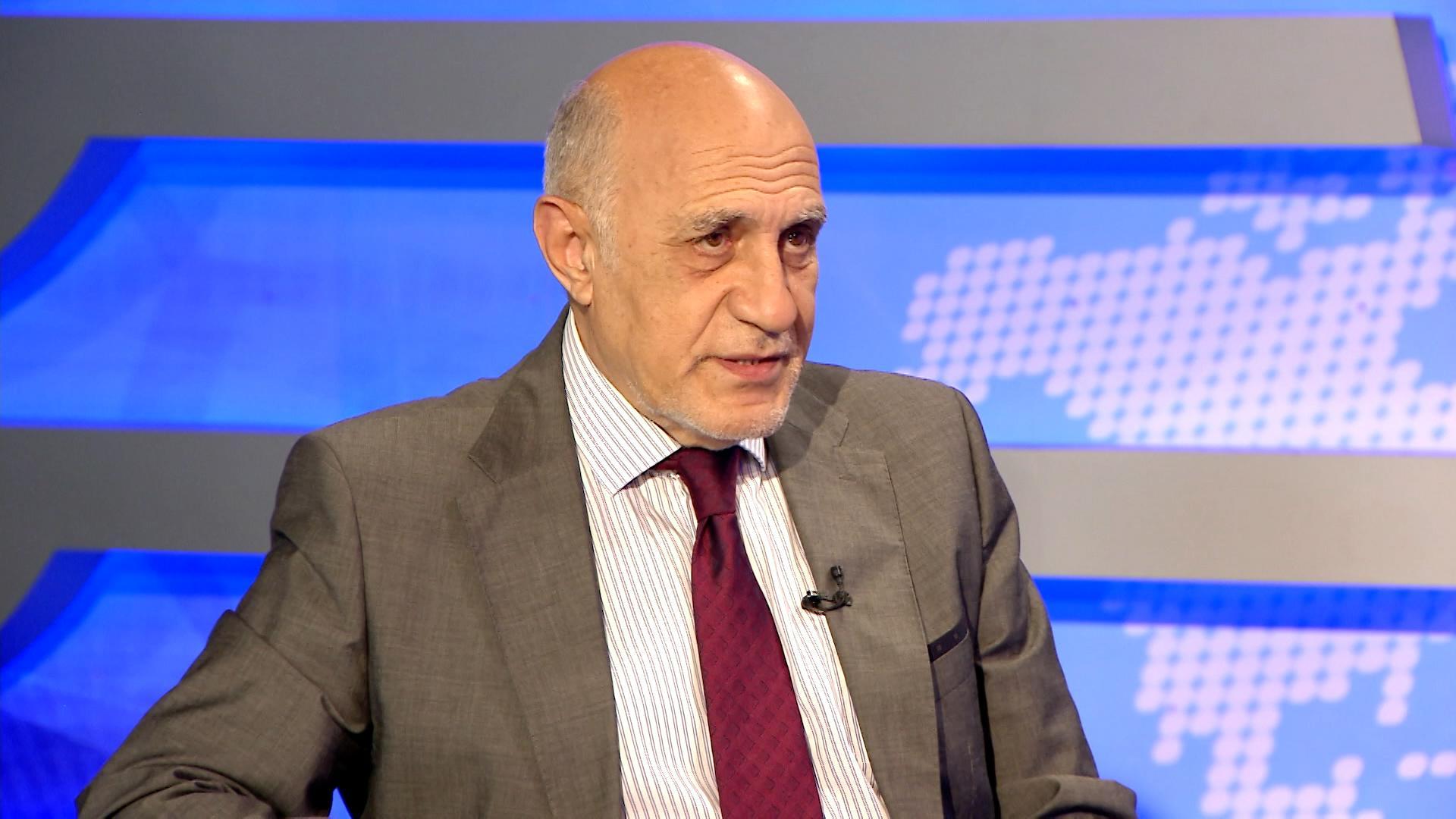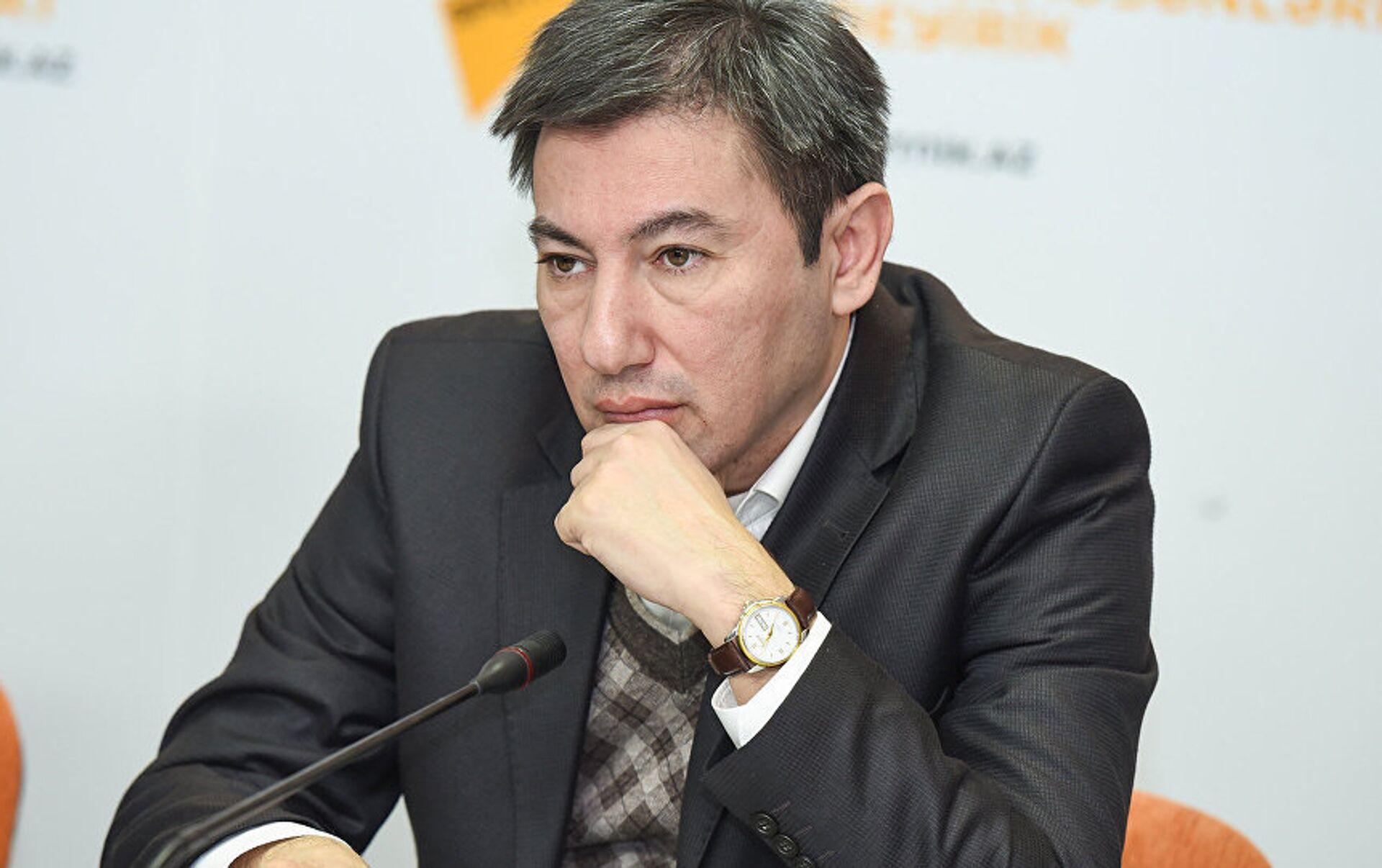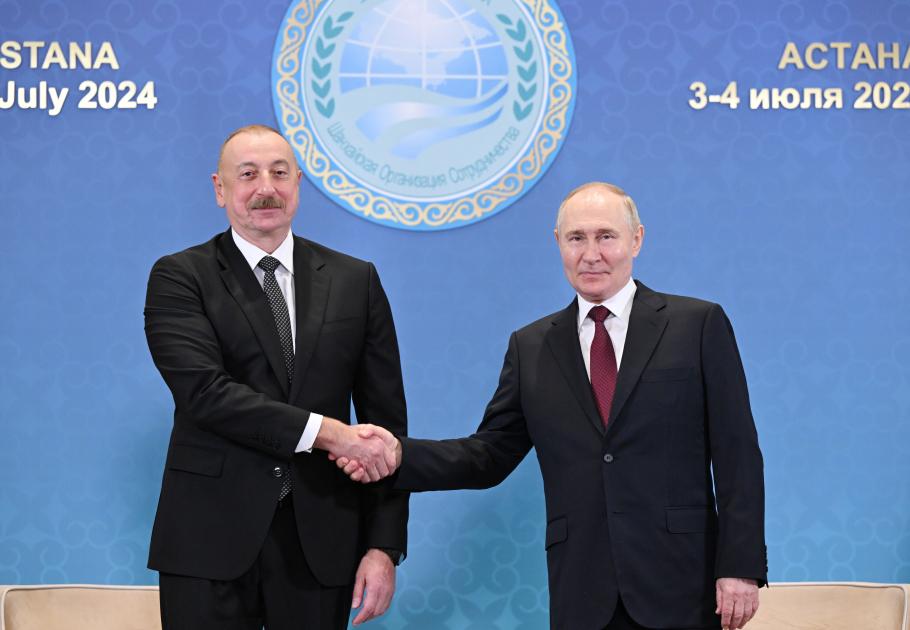Azerbaijan-Russia summit in Astana elevates energy, communication cooperation Expert insights
On July 3 in Astana, a meeting took place between the President of Azerbaijan, Ilham Aliyev, and the President of Russia, Vladimir Putin. It is worth noting that the leaders' dialogue was very substantive and productive. During the meeting, they highlighted the growth in bilateral trade, humanitarian cooperation, the North-South transport project, and energy issues. Additionally, President Putin expressed readiness to support the normalization of relations between Armenia and Azerbaijan and the advancement of the peace agenda.
In a statement from the Ministry of Foreign Affairs of Azerbaijan, it was emphasized that Baku and Moscow have established comprehensive and equal cooperation based on mutual respect and trust. The two countries have developed ties in political, economic, cultural, humanitarian, educational, and many other spheres.
"The leaders of the two countries meet regularly and pay reciprocal visits. President Ilham Aliyev last time paid a visit to Russia on 22 April and had important meetings. The Astana meeting was also noteworthy for discussing bilateral cooperation, issues of implementation of agreements reached, and future goals. The Heads of State additionally went over the future of cooperation in the SCO and other international platforms, as well as discussed ongoing international and regional challenges," noted a representative of the Azerbaijani Ministry of Foreign Affairs.
In an interview with Caliber.Az, Azerbaijani political analyst and diplomat Fikret Sadikhov commented on the significance of the meeting between the presidents of Azerbaijan and Russia, emphasizing that behind the protocol figures and exchange of views lies a deeper format of interrelations between the two countries – strong partnership bridges built on shared interests, alignment on several international issues, and political contacts. Of course, this includes the growing trade turnover in accordance with agreements reached.

"It is important to note that this cooperation is developing in various spheres: humanitarian initiatives, educational factors – the education of students and schoolchildren, and undoubtedly geopolitical processes in which Azerbaijan and Russia participate. Despite certain positions that may not always coincide in some areas, our relations always maintain a character of mutual respect, understanding, and a focus on concrete results. I believe that the energy sector was an important component of the Astana meeting, with the heads of state stating their intention to expand the infrastructure of the North-South corridor on Azerbaijani territory. This is crucial because it signifies further deepening of our cooperation across multiple fronts. Overall, the meeting of the two presidents demonstrated that the agreements signed between our states are successfully being implemented and reflected in real life," Sadikhov clarified.
According to political analyst Ilgar Valizada, the meeting between Aliyev and Putin in Astana demonstrated that the dialogue between the two states is constructive, based on mutual interests, and importantly, grounded in practical rather than abstract geopolitical schemes.

"In particular, this confirms that the central themes were cooperation in the transport sector, particularly in implementing the North-South corridor, as well as industrial cooperation. There are already many promising areas of activity that are of interest to both sides. For Moscow, Azerbaijan is an important logistical link in realizing its transport projects, especially when Western borders are essentially closed and Russia is seeking new communications linking it to external markets. The most efficient and shortest route ensuring Russia's access to the markets of the Middle East, Central Asia, and the Indian Ocean passes through Azerbaijan. This is advantageous for Azerbaijan as well because it serves as an additional communication function, enhancing the country's transit potential and enabling interaction with partners in this region. It is worth noting that recently there has been a new dynamic in dialogue with the countries of the Persian Gulf, and our partners such as Pakistan have shown great interest in the North-South corridor. Thus, our interests align with Russia and other participants in this geography," the expert said.

“On the other hand, it is worth noting that the Russian market remains traditional for our agricultural producers, and due to sanctions, there is growing interest in Azerbaijani agricultural products. The leaders of the two countries also discussed industrial cooperation, highlighting many promising avenues. For instance, Russian companies show significant interest in the reconstruction of the Karabakh region; notably, KAMAZ trucks from the factory, known for their quality and cost-effectiveness, are already involved in various projects in the region. Additionally, cooperation possibilities were explored in industrial assembly of specific Russian automotive brands, which is highly appealing to Azerbaijan as it could foster local production and strengthen our position in the global automotive sector.
Energy cooperation remains a traditional area of focus as well. In addition to ongoing initiatives, cooperation in renewable energy is expanding. It is important to mention that the Russian side is particularly interested in swap deals for energy supplies, including with Iran, where Azerbaijan could play a direct role.
Moreover, the European Commission recently mentioned the possibility of using the Russian gas transportation system to deliver Azerbaijani gas to EU countries—a very interesting project that could be realized within mutual interests. Importantly, Azerbaijan has already restored its sovereignty over all its territories, and Russia is no longer a moderator or mediator in negotiations regarding this matter. Any minor past disagreements have been resolved, indicating that in the foreseeable future, bilateral relations between Baku and Moscow will focus on deeper and more constructive partnership, aimed solely at positive cooperation and mutual understanding," Valizada added.








